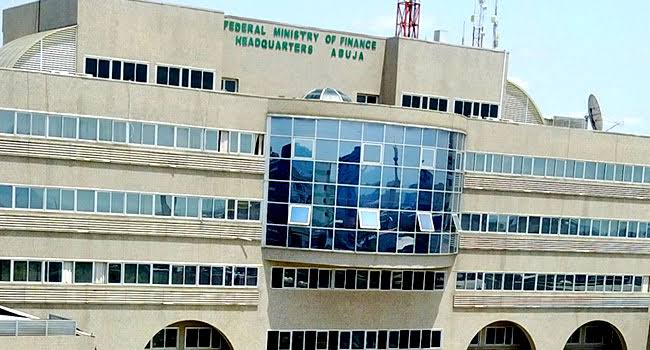By Chidi Ugwu
The Federal Government has announced that its policy on crude oil and refined product sales in Naira remains active and indefinite, emphasizing its importance to Nigeria’s economic stability.
This was disclosed in a statement published on the Federal Ministry of Finance’s website on Wednesday following a meeting of the technical sub-committee overseeing the initiative.
According to the statement, the Naira-based crude oil sales framework, introduced to reduce dependence on foreign exchange and support local refining, remains in effect without a set expiration date, stressing that the initiative aims to bolster energy security and align with national economic objectives.
The Ministry further explained that the committee acknowledged potential challenges but assured stakeholders that these are being addressed through coordinated efforts among regulatory bodies and industry players.
The policy was introduced to stabilize crude supply for local refineries, enhance domestic refining capacity, and shield the economy from currency fluctuations. It also supports competitive pricing in the domestic market.
“As with any major policy shift, the Committee acknowledges that implementation challenges may arise from time to time. However, such issues are being actively addressed through coordinated efforts among all parties,” the statement said.
“The initiative remains in effect and will continue for as long as it aligns with the public interest and supports national economic objectives.”
The statement said members of the technical committee reaffirmed the government’s continued commitment to the full implementation of this strategic initiative, as directed by the Federal Executive Council (FEC).
“Thus, the Crude and Refined Product Sales in Naira initiative is not a temporary or time-bound intervention, but a key policy directive designed to support sustainable local refining, bolster energy security, and reduce reliance on foreign exchange in the domestic petroleum market,” the statement read in part.
The announcement comes amid concerns over rising petrol prices attributed to local refineries purchasing crude in dollars due to uncertainties surrounding the policy’s continuation. Additionally, falling global crude prices—below the projected $75 per barrel—have strained government revenue expectations.
The meeting, the statement noted, included key officials such as Finance Minister Wale Edun, FIRS Chairman Zacch Adedeji, representatives from Dangote Refinery, NNPC Limited, and regulatory bodies like NUPRC and NMDPRA. Discussions focused on ensuring smooth implementation and addressing market dynamics.
The Federal Government reaffirmed its commitment to sustaining this strategic initiative as part of broader efforts to strengthen Nigeria’s economy and energy sector.












